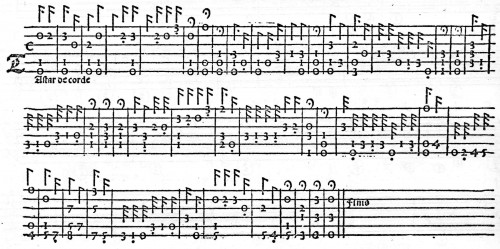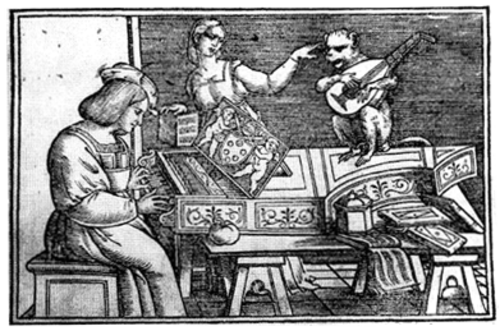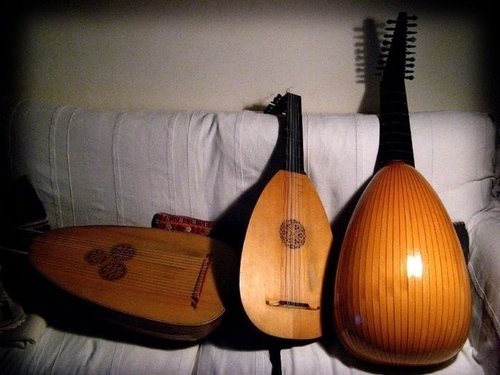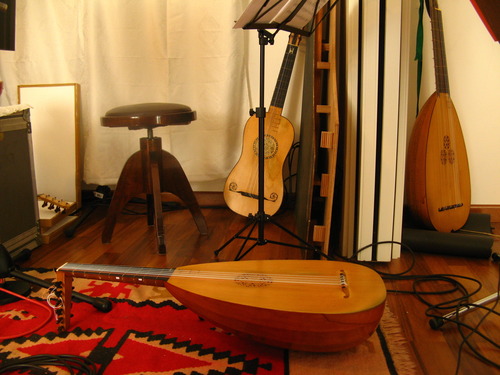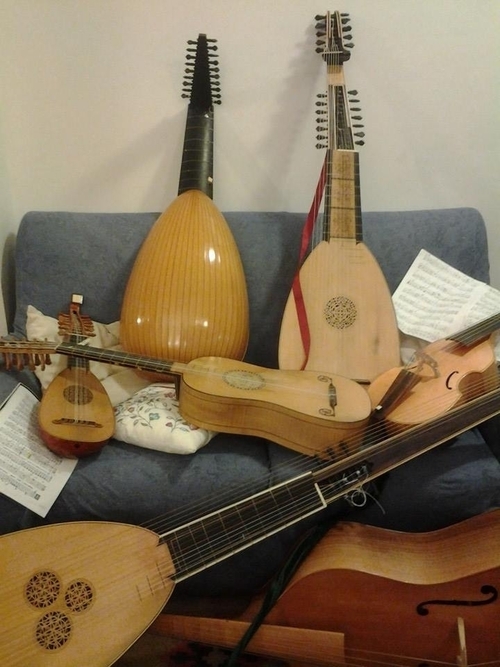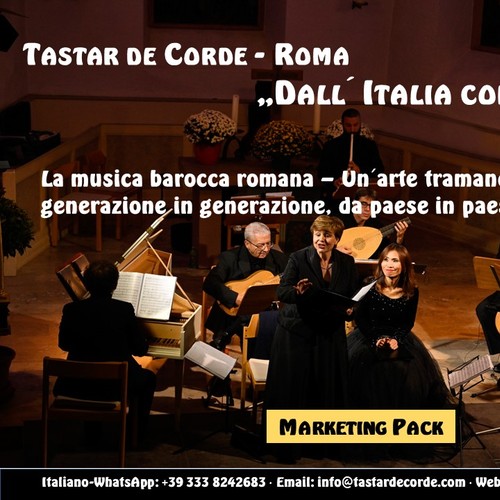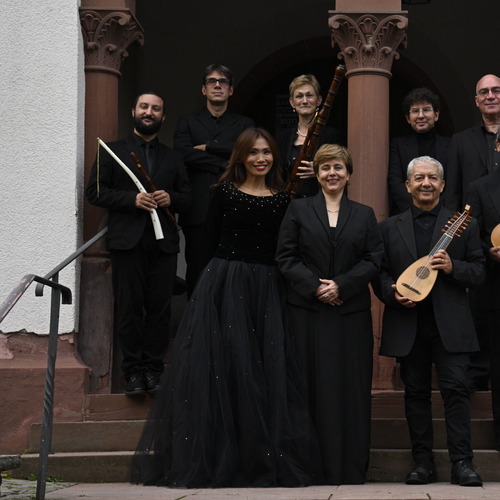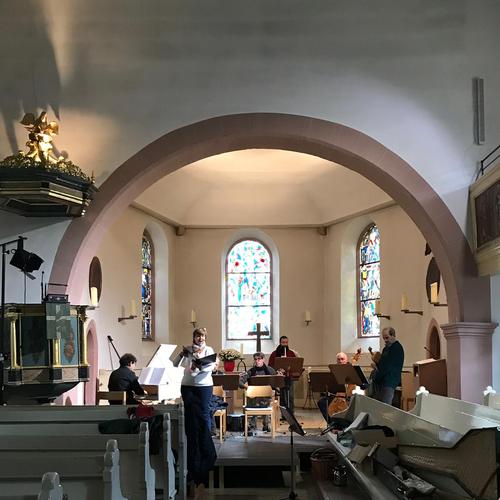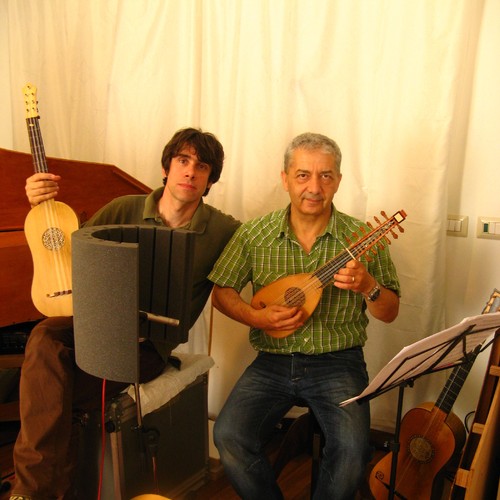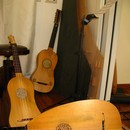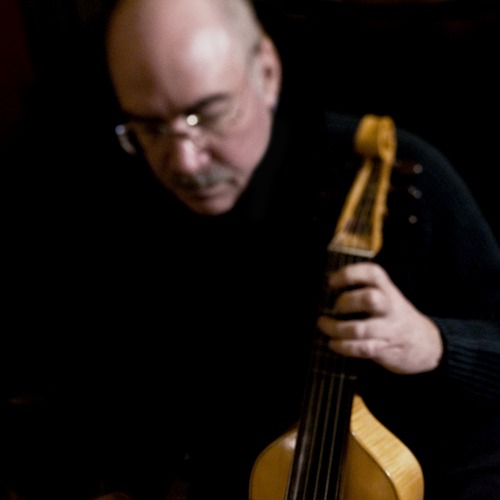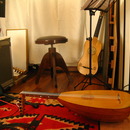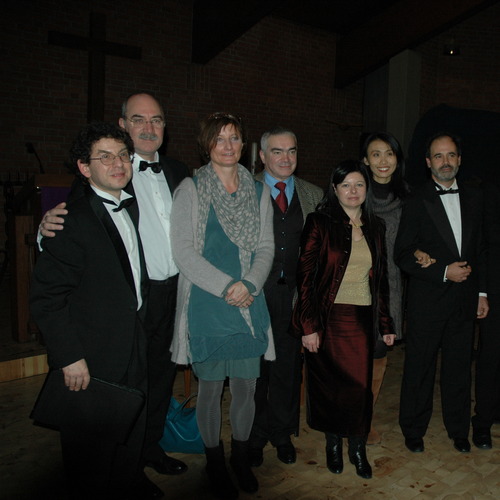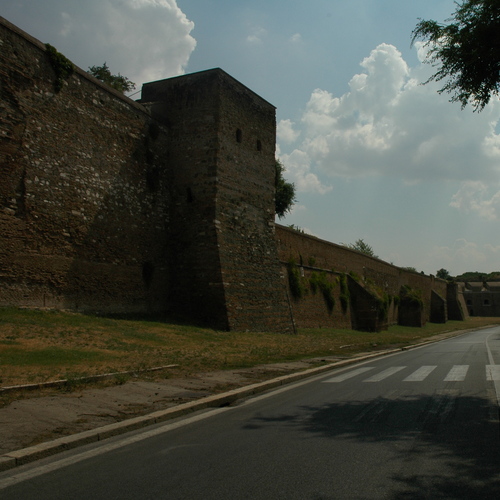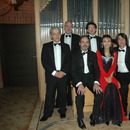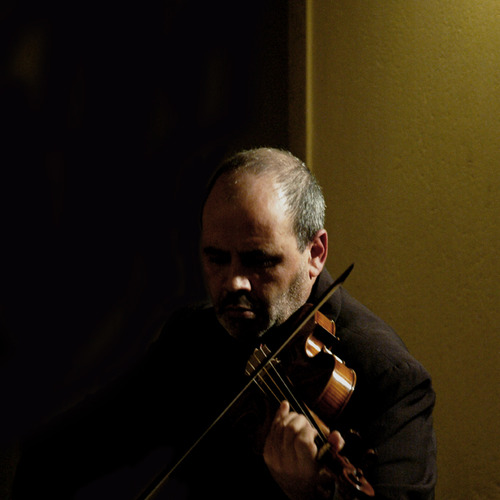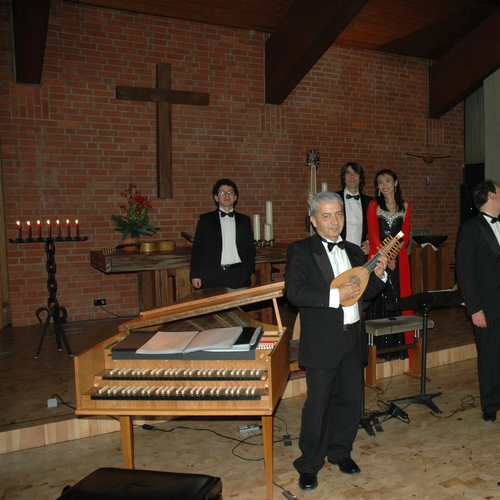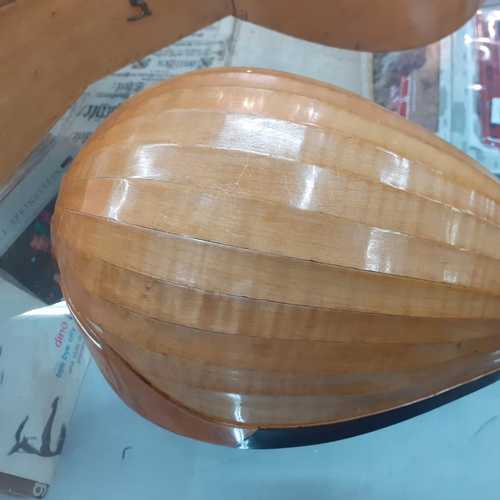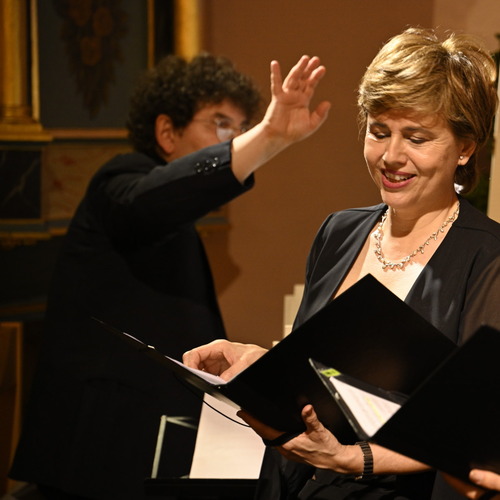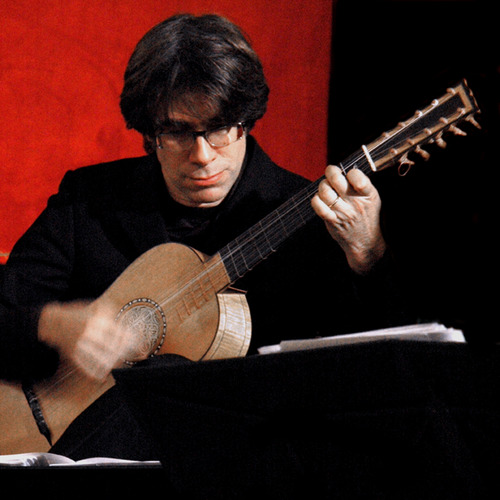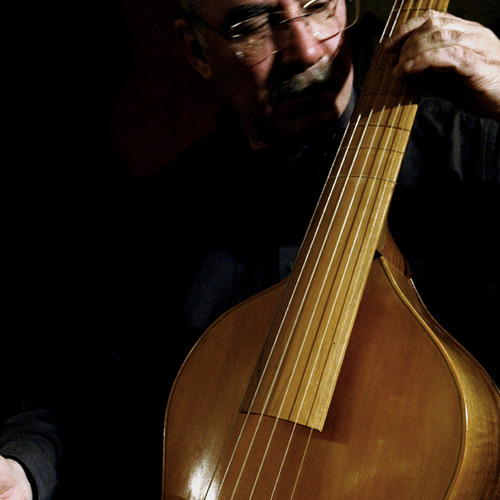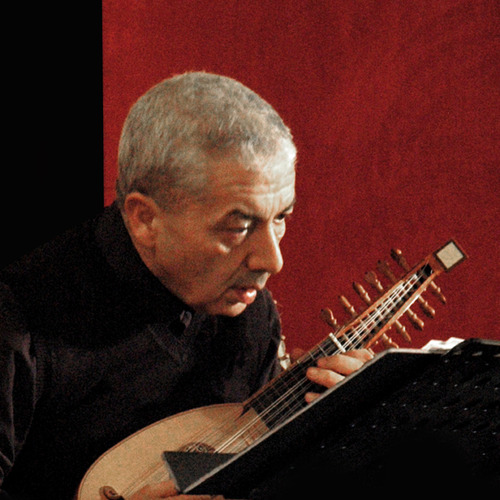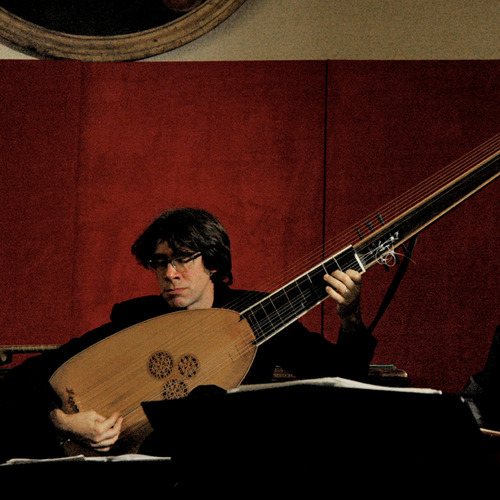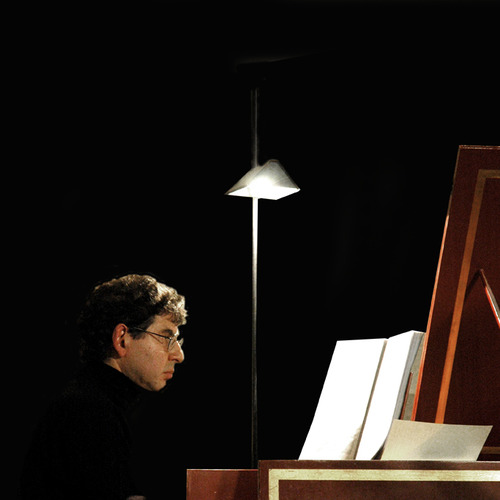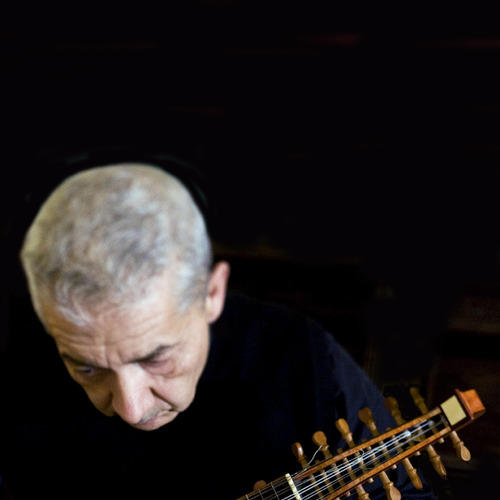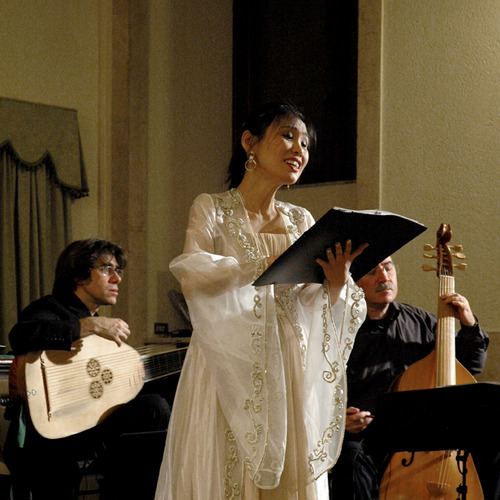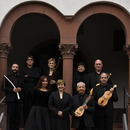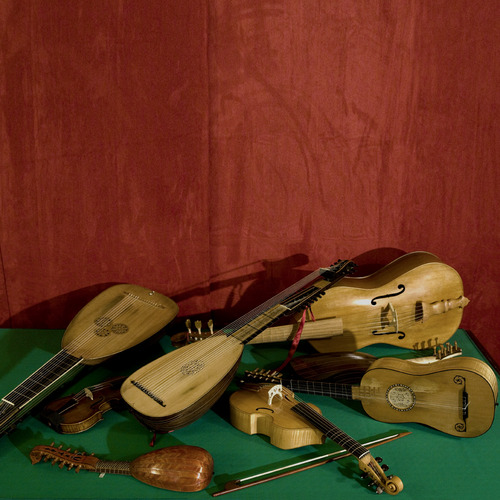Presentazione
La formazione vocale-strumentale di musica antica Tastar de Corde è specializzata nel repertorio rinascimentale e barocco, prevalentemente italiano, soprattutto d’autori romani.
I requisiti nascono dalla continua ricerca di emanare quella vitalità insita nelle composizioni, che le ovvie premesse interpretative, originate esclusivamente dall’indagine storica e filologica, solo in parte restituiscono: la finalità è che “la musica deve essere eseguita per sedurre l’ascolto”. In altre parole, il preliminare studio delle prassi esecutive dell’epoca, la fascinazione timbrica scaturita dalle amalgame strumentali, l’impiego di temperamenti idonei, sono alcuni elementi dell’espressività all’origine del comporre, eseguire e ascoltare musica.
Le fondamentali concertazioni delle nostre esecuzioni non sono il frutto di superficiali o banali convenzioni attuali, generate il più delle volte per mostrare una forma di insignificante afasia tecnica, ma di una lettura musicale colta che rivela e accresce lo spessore del momento creativo del compositore che solo in parte è riuscito tramandare attraverso la filigrana testuale.
Qualità essenziale è l’impiego di numerose copie storiche oppure originali d’epoca e oltre ai noti liuto, violino e clavicembalo, l’insieme strumentale comprende anche il rarissimo mandolino barocco, che sappiamo essere stato ampiamente utilizzato.
Wir über uns
Das Vokal- und Instrumentalensemble Tastar de Corde für Alte Musik hat sich auf die Renaissance und den Barock spezialisiert, vornehmlich auf Werke italienischen Ursprungs und überwiegend römischer Autoren.
Ein erster grundlegender Schritt auf dem Weg, den Geist der Kompositionen zu entdecken und zu entfalten, besteht in der Erforschung der Geschichte und der Sprache der damaligen Zeit. Wohlgemerkt vermögen die allein darauf basierenden Interpretationen nur einen Teil des Gesamtbildes wiederzugeben. Ziel ist, “die Musik so darzubringen, um den Zuhörer zu verführen”. Anders ausgedrückt, sind das Studium der historischen Aufführungspraxis, der zauberhafte Klang verschiedener, harmonisch miteinander kombinierter Instrumente und die Wahl der geeigneten Stimmung der Instrumente grundlegende Elemente für die Bearbeitung, den Vortrag und das Hören der historischen Werke.
Es ist von entscheidender Bedeutung für unsere Darbietungen, dass wir bei der Rollenverteilung der verschiedenen Instrumente nicht auf oberflächliche, stereotype Konventionen zurückgreifen. Stattdessen bedienen wir uns einer eingehenden Lektüre der Musik und einer der damaligen Kultur Rechnung tragenden Interpretation.
Es steigert die Bedeutung des kreativen Moments während der Interpretation, wenn man sich vergegenwärtigt, dass der musikalische Text allein dafür nicht ausreichend ist. Das Ensemble benutzt zahlreiche historische Kopien sowie Originale der Epoche. Über die wohlbekannten Instrumente Laute, Violine und Cembalo hinaus umfasst das Instrumentarium unter anderen auch die heute seltene Barockmandoline oder den Zink, von deren ausgiebigem Gebrauch zu der damaligen Zeit wir wissen.
Alle Mitglieder des Ensembles arbeiten kontinuierlich miteinander und treten zusammen in Konzerten - vorwiegend, aber nicht nur - im Bereich der Alten Musik auf und haben im Laufe der Jahre gemeinsam weitreichende musikalische Erfahrungen auf der ganzen Welt gesammelt.
Introduction
Tastar de Corde is a vocal-instrumental ensemble specialized in the renaissance and baroque Italian repertoire, with a preference for roman composers.
The group’s main goal is to execute music to “seduce the listener”, by means of a continued research of each composition’s intimate vitality, which we believe can hardly be captured by a mere historical and philological interpretation. In other words, the preliminary study of the performing practice of those times, the timbre fascination created by instrumental amalgams, the use of appropriate temperaments, are only some of the expressive elements which, in our opinion, stand at the origin of composing, performing and listening to music.
Our musical arrangements are the result of a deep and well-educated musical interpretation, aimed at revealing the strength and creativity of the original composer. One of the essential qualities of Tastar de Corde is the use of originals or copies of ancient instruments, amongst which violin, lute, harpsichord, not to mention the rare baroque mandolin, frequently used in those times.
All members of the group give many concerts - not only in the field of ancient music – and share their musical experiences acquired all over the world.
Formazione di musica antica
Tastar de Corde
+49 173 3256415
+39 333 8242683
mail:
Sabine.Schaan@gmx.de
info@tastardecorde.com
sonitusetruriae@gmail.com
